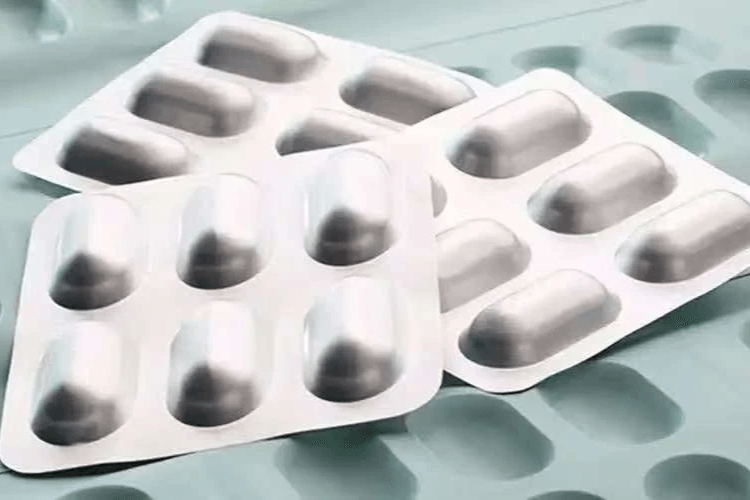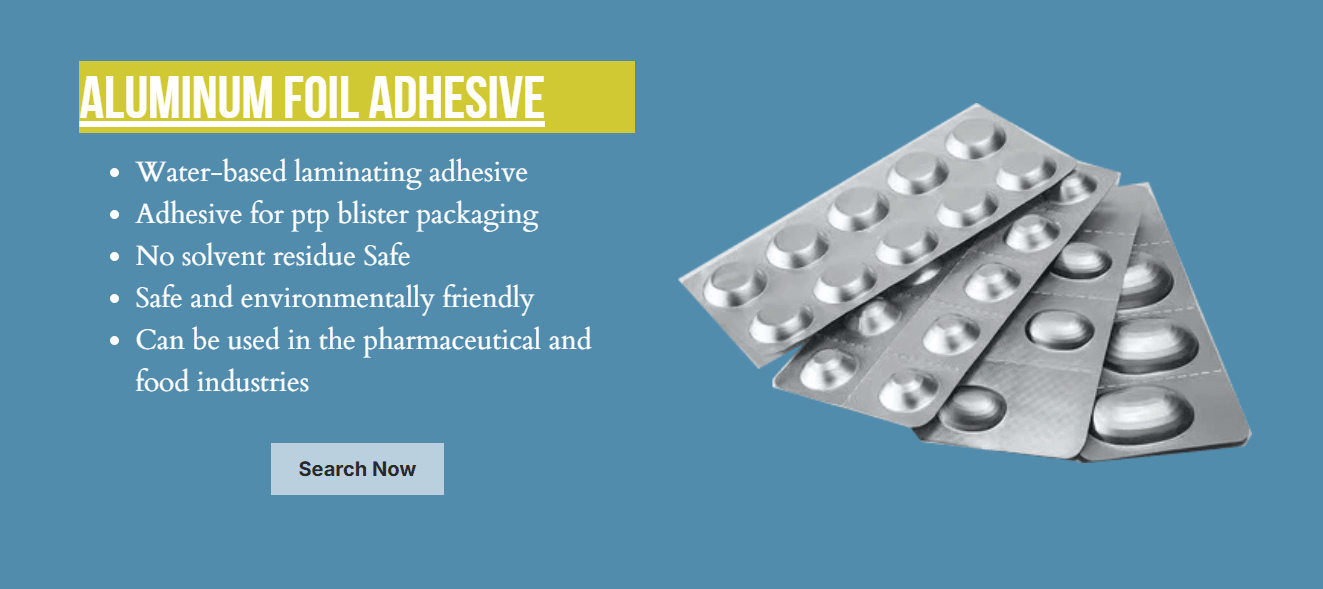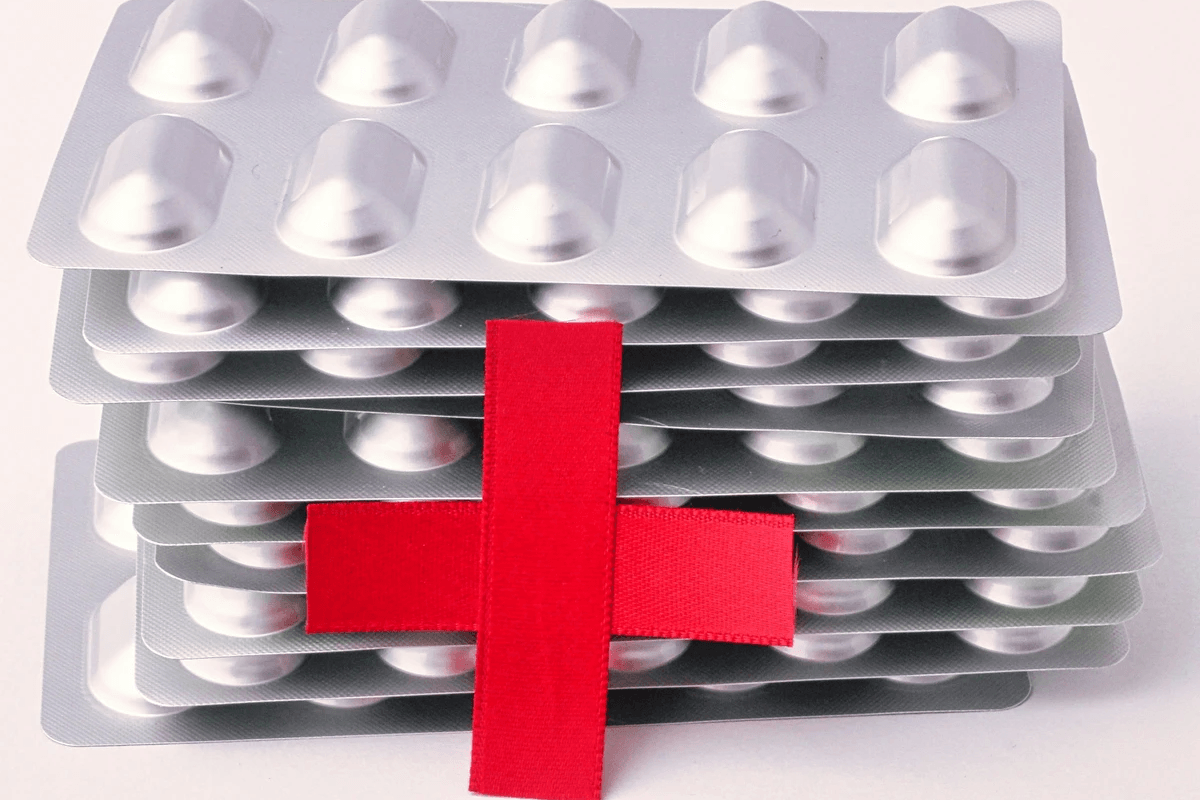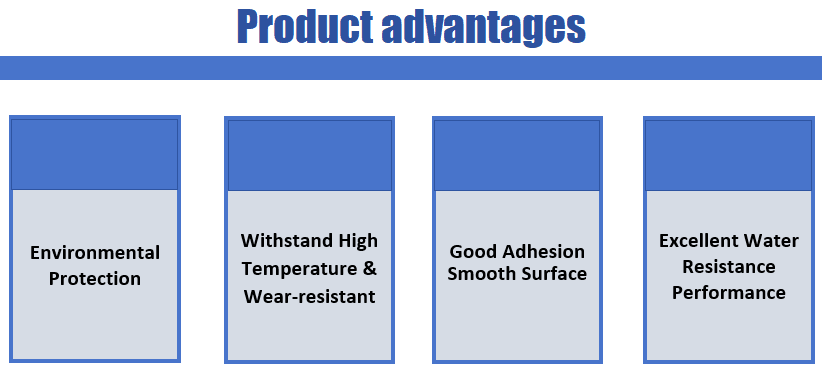Introduction

In the intricate world of medical packaging, adhesive specialists play a pivotal role that often goes unnoticed. These professionals are not just glue aficionados; they are the backbone of ensuring that medical products are securely packaged while maintaining safety and efficacy. With the increasing complexity of healthcare products, their expertise in chemical adhesives has never been more critical.
Why Adhesive Specialists Matter in Medical Packaging
Their understanding of hot melt adhesive uses is essential for creating reliable and efficient packaging solutions that withstand rigorous conditions. Moreover, these specialists ensure compliance with stringent regulations, making their role indispensable in the healthcare sector.
The Role of Chemical Adhesives in Healthcare
Chemical adhesives serve as vital components in medical packaging, providing not only adhesion but also protection against contamination and damage. From securing aluminum components to ensuring the integrity of laminating adhesives for flexible packaging, these materials enhance product safety and longevity. As healthcare continues to evolve, so does the need for innovative chemical adhesives that meet diverse requirements.
Trends in Medical Packaging Adhesives
The landscape of medical packaging adhesives is rapidly changing, driven by advancements in technology and sustainability efforts. There is a growing preference for solvent-free adhesives due to their reduced environmental impact and improved safety profiles. Additionally, trends indicate an increasing reliance on industrial adhesive suppliers who can provide customized solutions tailored to specific medical needs.
Understanding Adhesive Types

In the world of medical packaging, understanding the types of adhesives available is essential for ensuring product safety and efficiency. Adhesive specialists play a crucial role in guiding manufacturers through the myriad options, helping them select the best chemical adhesives for their specific needs. This section will explore various adhesive types, including hot melt adhesives and solvent-free alternatives, to illuminate their unique benefits and applications.
Overview of Chemical Adhesives
Chemical adhesives are vital components in medical packaging, providing strong bonds that ensure product integrity and safety. These adhesives can be categorized into several types, including water-based, solvent-based, and hot melt formulations. Each type has its own set of properties that make it suitable for different applications; thus, working with adhesive specialists can help identify which chemical adhesive is best suited for a particular medical device or packaging solution.
The versatility of chemical adhesives allows them to be tailored to meet stringent industry standards while also addressing specific performance requirements such as temperature resistance or flexibility. For instance, some formulations may be designed to bond effectively with aluminum surfaces commonly found in medical devices. By leveraging the knowledge of industrial adhesive suppliers, manufacturers can optimize their selection process and achieve superior results in their packaging endeavors.
Hot Melt Adhesive Uses in Medical Applications
Hot melt adhesives are particularly popular in medical applications due to their rapid bonding capabilities and ease of use during production processes. These thermoplastic materials provide strong adhesion without requiring solvents or curing agents, which makes them an ideal choice for high-speed manufacturing environments. Adhesive specialists often recommend hot melt adhesive uses in scenarios such as sealing sterile pouches or assembling disposable devices where quick assembly is paramount.
Advantages of Solvent Free Adhesives
Solvent-free adhesives have gained traction within the healthcare sector due to their environmental benefits and reduced health risks associated with volatile organic compounds (VOCs). By eliminating solvents from the formulation process, these adhesives align well with sustainability goals while still delivering robust performance characteristics required by medical applications. Working closely with adhesive specialists can help manufacturers navigate this eco-friendly option without sacrificing quality or effectiveness.
Furthermore, solvent-free adhesives offer excellent bonding strength across a variety of substrates—an essential feature when dealing with complex materials like multilayer films used in flexible packaging solutions. The advantages extend beyond just environmental considerations; these formulations often cure faster than traditional solvent-based options, enhancing production efficiency significantly. As more companies seek partnerships with industrial adhesive suppliers who prioritize sustainable practices, solvent-free solutions are becoming increasingly prominent within the industry.
Selecting the Right Adhesive

Choosing the right adhesive for medical applications is no walk in the park. With a plethora of options available, it’s essential to consider several key factors that can affect not only performance but also safety and compliance. This is where adhesive specialists come into play, guiding manufacturers through the maze of chemical adhesives to find the perfect fit for their specific needs.
Key Factors for Choosing Medical Adhesives
When selecting medical adhesives, one must consider biocompatibility, regulatory compliance, and bonding strength. Biocompatibility ensures that the adhesive won't cause adverse reactions when in contact with bodily tissues or fluids, making it a top priority for any medical application. Regulatory compliance is equally crucial; adhesives must meet stringent guidelines set by health authorities to ensure patient safety.
Additionally, different applications may require specific properties such as flexibility or resistance to sterilization processes. For instance, hot melt adhesive uses may be ideal for certain packaging solutions due to their fast-setting nature and strong bonds. Ultimately, working closely with adhesive specialists can help manufacturers navigate these considerations effectively.
Importance of Adhesive for Aluminum in Medical Devices
Aluminum is a popular choice in medical devices due to its lightweight and corrosion-resistant properties; however, choosing the right adhesive for aluminum is vital for ensuring structural integrity and performance over time. The right chemical adhesives can create durable bonds that withstand various environmental conditions while maintaining functionality. This becomes especially important in high-stakes environments like hospitals where reliability is paramount.
Moreover, solvent-free adhesives are often recommended when bonding aluminum because they minimize risks associated with volatile organic compounds (VOCs), contributing to a safer healthcare environment. When working with industrial adhesive suppliers, it's crucial to communicate specific requirements regarding aluminum bonding capabilities to ensure optimal results.
Evaluating Laminating Adhesives for Flexible Packaging
Flexible packaging has revolutionized how medical products are delivered and stored; however, evaluating laminating adhesives tailored for this purpose requires careful consideration of several factors. The chosen laminating adhesives must provide excellent adhesion while remaining flexible enough to withstand various handling conditions without cracking or peeling away from surfaces.
Furthermore, understanding how different formulations interact with materials used in flexible packaging—such as plastics or foils—is essential for achieving desired performance metrics like barrier properties and shelf life stability. Collaborating with adhesive specialists who have experience in this niche can lead you toward innovative solutions that enhance both product safety and user experience.
The Benefits of Water-Based Resins
Water-based resins are becoming increasingly popular in the medical packaging industry, thanks to their versatility and eco-friendliness. Adhesive specialists have recognized the advantages of these chemical adhesives, particularly in applications where safety and environmental concerns are paramount. As healthcare continues to evolve, water-based resins are leading the charge toward sustainable solutions without compromising performance.
Chemix's Water-Based Resin Solution Explained
Chemix has developed a cutting-edge water-based resin solution that caters specifically to the unique needs of medical applications. These formulations offer excellent adhesion properties while being free from harmful solvents, making them a safer choice for both manufacturers and end-users. With hot melt adhesive uses becoming more common in medical packaging, Chemix’s innovations ensure that products remain secure while adhering to stringent health regulations.
Environmental Impact of Water-Based Adhesives
One of the most significant benefits of water-based adhesives is their reduced environmental impact compared to traditional solvent-based options. By utilizing solvent-free adhesives, manufacturers can decrease volatile organic compound (VOC) emissions during production and application processes. This not only helps improve air quality but also aligns with global sustainability goals—an essential consideration for any industrial adhesive supplier looking to make a positive difference.
Customization of Water-Based Resins for Medical Needs
Adhesive specialists can tailor these chemical adhesives to suit various applications—whether it's creating laminating adhesives for flexible packaging or developing specialized adhesive for aluminum components in devices. This level of customization ensures that each product meets rigorous industry standards while providing reliable performance across diverse medical scenarios.
Sourcing from Industrial Adhesive Suppliers

Top Industrial Adhesive Supplier Recommendations
Choosing the best industrial adhesive supplier can be a game changer for your medical packaging needs. Look for suppliers known for their expertise in solvent free adhesives and hot melt adhesive uses, as these are increasingly popular in healthcare applications. Some top recommendations include 3M, Henkel, and H.B. Fuller, all of which have extensive portfolios of laminating adhesives for flexible packaging that meet industry standards.
Quality Assurance in Medical Packaging Adhesives
Quality assurance is non-negotiable when it comes to medical packaging adhesives; after all, the stakes are high in healthcare settings. Ensure that your chosen industrial adhesive supplier adheres to rigorous testing protocols to guarantee the reliability of their chemical adhesives. This includes validating performance metrics for specific applications like adhesive for aluminum components in devices or assessing the durability of solvent free adhesives under various conditions.
Building Relationships with Adhesive Specialists
Building strong relationships with adhesive specialists can provide valuable insights into product selection and innovation trends within the industry. Regular communication fosters collaboration on custom solutions tailored to unique requirements, such as those found in laminating adhesives for flexible packaging or specialized hot melt adhesive uses. By partnering closely with these experts, you gain access to cutting-edge technologies and developments that keep your products at the forefront of medical packaging solutions.
Innovations in Medical Packaging

The landscape of medical packaging is rapidly evolving, driven by the need for enhanced safety, efficiency, and sustainability. Adhesive specialists are at the forefront of this transformation, leveraging advancements in chemical adhesives to create solutions that meet stringent healthcare requirements. As we look ahead, several future trends in adhesive solutions will shape the industry and redefine packaging standards.
Future Trends in Adhesive Solutions
One notable trend is the increasing demand for solvent-free adhesives that minimize environmental impact while maintaining high performance. These innovative formulations are gaining traction among manufacturers seeking to comply with stricter regulations and enhance their sustainability profiles. Furthermore, as healthcare providers prioritize patient safety, there’s a growing emphasis on adhesive solutions designed specifically for sensitive applications like wound care and drug delivery systems.
Another trend is the rise of specialized laminating adhesives for flexible packaging that can accommodate various substrates without compromising integrity or functionality. This flexibility allows manufacturers to create multi-layered packaging that offers superior protection against contamination and extends shelf life—an essential factor in medical supplies. Additionally, hot melt adhesive uses are expanding beyond traditional applications to include more complex designs tailored for specific medical devices.
Finally, adhesive specialists are innovating with smart adhesives that can respond dynamically to environmental conditions or user needs. These advanced solutions may include features such as temperature sensitivity or moisture resistance, making them ideal for diverse medical applications where reliability is paramount. It’s clear that future innovations will not only enhance performance but also address emerging challenges within the healthcare landscape.
The Role of Technology in Adhesive Development
Technology plays a pivotal role in advancing adhesive development within the medical packaging sector. With cutting-edge research and development techniques, adhesive specialists can formulate new chemical adhesives that deliver improved properties such as increased bond strength and faster curing times. This technological evolution ensures that manufacturers have access to high-quality materials tailored specifically for demanding medical environments.
Moreover, automation and digitalization are streamlining production processes for industrial adhesive suppliers, resulting in higher efficiency and consistency across batches. By integrating smart manufacturing technologies into their operations, these suppliers can ensure quality assurance while reducing waste—key factors when dealing with critical medical components like aluminum devices requiring specialized adhesives. The synergy between technology and adhesive innovation creates opportunities for developing bespoke solutions tailored to unique client needs.
Additionally, collaborations between material scientists and healthcare professionals are driving forward-thinking approaches to adhesive design focused on patient safety and usability. For instance, research into bio-adhesives derived from natural sources showcases how technology can facilitate sustainable options without sacrificing efficacy—an exciting prospect for environmentally-conscious manufacturers looking to align their products with global sustainability goals.
Case Studies on Successful Adhesive Applications
Real-world examples illustrate how innovative adhesive applications have transformed medical packaging practices across various sectors. One prominent case study involves a leading manufacturer of flexible wound dressings utilizing solvent-free adhesives developed by an industrial adhesive supplier known for its commitment to sustainability. By adopting these advanced bonding agents, they achieved enhanced adhesion properties while minimizing environmental impact—a win-win scenario!
Another compelling example highlights the use of hot melt adhesives in creating secure seals for sterile barrier systems utilized in surgical instruments packaging. The flexibility offered by these adhesives allowed manufacturers to improve production speed without compromising on sterilization integrity—a crucial requirement within operating rooms where every second counts! This successful application demonstrates how choosing the right type of adhesive can lead directly to operational efficiencies while ensuring patient safety remains paramount.
Lastly, a collaboration between an innovative startup specializing in smart materials and established pharmaceutical companies resulted in groundbreaking drug delivery systems employing responsive adhesives capable of adapting based on physiological changes within patients' bodies! This pioneering approach showcases not only the versatility of modern chemical adhesives but also underscores their potential impact on enhancing therapeutic outcomes through targeted delivery methods—a true testament to what lies ahead in this field!
Conclusion

In the ever-evolving landscape of medical packaging, adhesive specialists play an indispensable role in ensuring the safety and efficacy of healthcare products. Their expertise in chemical adhesives, including hot melt adhesive uses, solvent free adhesives, and laminating adhesives for flexible packaging, is crucial for meeting stringent industry standards. As we reflect on the importance of these professionals, it’s clear that their contributions extend beyond mere bonding; they are integral to innovation and sustainability in healthcare.
Key Takeaways on Adhesive Specialists
Adhesive specialists are not just glue gurus; they are pivotal players in the medical packaging arena. Their knowledge of various adhesive types—ranging from hot melt adhesive uses to solvent free adhesives—enables them to recommend solutions tailored for specific applications like aluminum medical devices. By collaborating with industrial adhesive suppliers, these specialists ensure that every product meets rigorous safety and performance criteria.
The Future of Adhesives in Medical Packaging
The future of adhesives in medical packaging looks promising as technology continues to advance. Innovations such as smart adhesives and eco-friendly formulations will likely emerge from ongoing research and development efforts spearheaded by adhesive specialists. As we embrace new materials and methods, the role of chemical adhesives will expand further, paving the way for safer and more effective healthcare solutions.
Why Sustainable Adhesives Are Crucial
Sustainability is no longer a buzzword; it's a necessity in today’s world, especially within medical packaging. The shift towards sustainable practices means that adhesive specialists must prioritize materials like solvent free adhesives and water-based resins that have minimal environmental impact. By sourcing from reputable industrial adhesive suppliers who share this commitment to sustainability, we can ensure that our healthcare solutions not only protect patients but also our planet.
